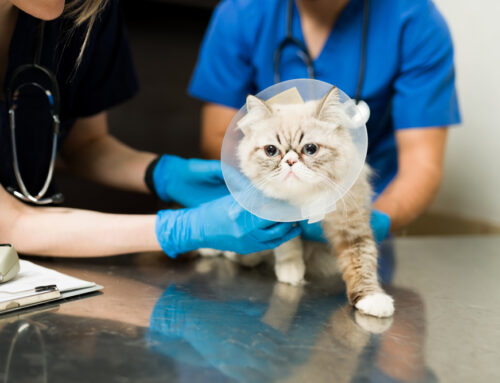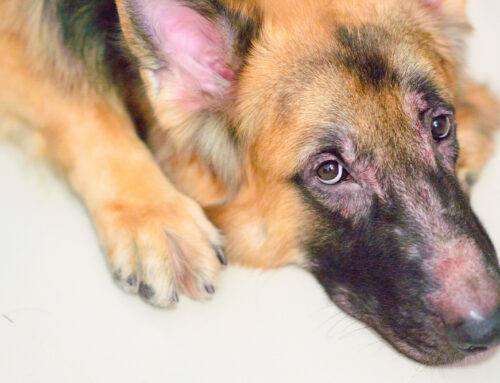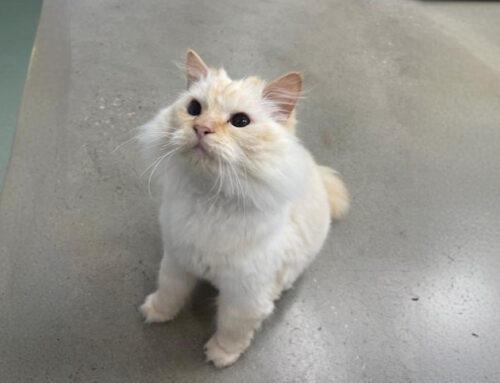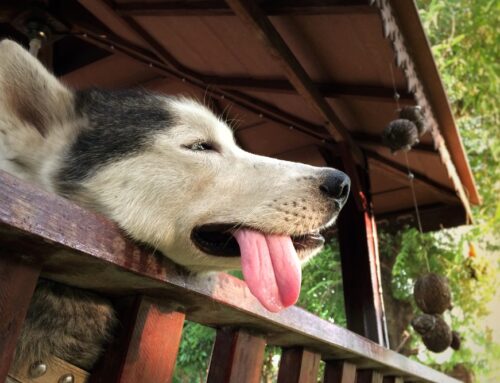Puppy breath, kitten purrs, and endless cuddles are a few of the exciting things about welcoming a new puppy or kitten into your home. However, caring for a young animal requires extra patience, teaching, and care, especially during their first year of life with their new family. Kitten- and puppy-hood goes by quickly, and ensuring that their organs and immune system develop strongly for a long and healthy life is critical.
During their first six months, your pet will need several check ups and vaccinations with their Stack Veterinary Hospital veterinarian. Many new pets and their owners are nervous about going to the veterinary hospital, but preventive care visits are the best insurance to keep your new pal healthy and disease-free. Shortly after you bring your new puppy or kitten home, your pet should receive an initial baseline veterinary exam. During this exam your kitten or puppy will receive a nose -to-tail check up and a vaccination schedule based on their lifestyle.
Importance of vaccinating your pet
Puppies and kittens are highly susceptible to disease and illness, especially in the weeks after being weaned. During their first few days, your puppy or kitten will receive protective antibodies from their mother; however, this protection slowly disappears over time, and young animals have to rely on their own immune systems. Fortunately, vaccinations are available for many incurable puppy and kitten diseases, and are the safest, most cost-effective means of disease prevention. A team of veterinary experts annually reviews vaccination categories and makes recommendations based on current data and research. Vaccines are separated into core and non-core categories.
- Core vaccinations — Core vaccinations are those recommended for all pets at different ages and life stages.
- Non-core vaccinations — Non-core vaccinations are recommended in addition to core vaccinations, based on a pet’s lifestyle and specific risk factors.
Puppy vaccinations
At 6 weeks of age, puppies can receive their first set of vaccinations, followed by a series of vaccinations every two to four weeks until they reach 16 weeks of age. Vaccinations are injected under your puppy’s skin in various locations that will be recorded in their medical record. Most core puppy vaccinations are given in combination, sometimes referred to as a 4-in-1 vaccine, that includes:
- Parvovirus
- Canine distemper virus
- Hepatitis
- Parainfluenza
Rabies vaccine is also a core vaccination administered when your puppy is at least 12 weeks old, and boostered the following year. In addition to the core vaccinations, your Stack Veterinary Hospital veterinarian may recommend non-core vaccines for protection against:
- Lyme disease
- Bordetella (i.e., kennel cough)
- Leptospirosis
- Canine influenza
Kitten vaccinations
Kittens and cats are often reluctant to enter a veterinary hospital, since many are stressed by new sounds and smells. Fortunately, Stack Veterinary Hospital is a certified Cat Friendly Hospital, meaning we will take extra measures to keep your kitten calm and away from pesky pooches. Like puppies, kittens should receive a series of vaccinations starting at around 6 weeks of age, and then every two to four weeks until they are 16 weeks old. Core kitten vaccinations include:
- Feline herpes virus
- Feline calicivirus
- Feline panleukopenia
- Feline leukemia virus
- Rabies virus
Many cat owners are reluctant to vaccinate their indoor pets, but core vaccinations are always recommended, regardless of their environment. Outdoor cats are certainly at higher risk for disease exposure, but indoor cats are also at risk if they:
- Travel or are boarded
- Visit the groomer
- Interact with other cats
- May accidentally sneak outside for an unplanned adventure
- Contact the hand or clothes of a person who has been exposed to other cats
- Are exposed to a bat or rodent that unexpectedly enters your home
Possible vaccination side effects in your pet

Vaccinations are extremely safe and pets rarely have a reaction or problem with the injections. However, understanding when your pet is reacting will ensure that you can act quickly to get treatment. In the days following your pet’s vaccination, they may be a little tired and the vaccination site may be sore, which is completely normal. However, the following signs are considered a medical emergency:
- Swelling of the face or body
- Trouble breathing
- Hives
- Vomiting or diarrhea
- Fever
- Extreme lethargy
- Reluctance to eat
Vaccine-associated cancers can occur in cats, although extremely rarely—only one in 10,000 cats will develop cancer. Temporary swelling or a lump at the injection site is also normal in pets, but if a lump or mass persists, contact your Stack veterinarian immediately for an examination.
Our Stack Veterinary Hospital team is excited to help you welcome a new puppy or kitten to the family. If you have any questions or concerns about vaccinations or you are ready to schedule an appointment for your puppy or kitten’s vaccines, contact our office at 315-478-3161. We are always ready to help.







Leave A Comment